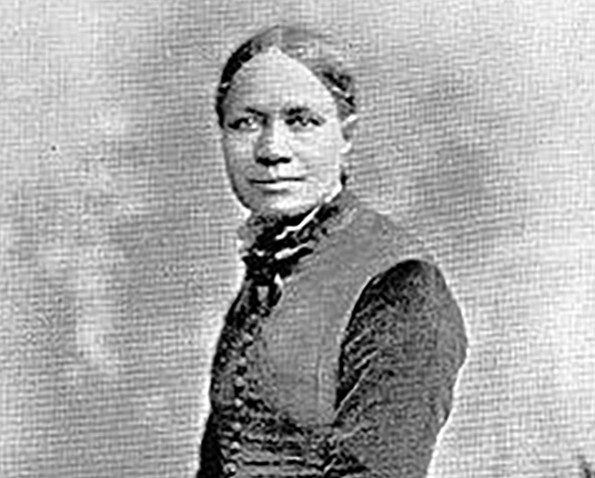Yesterday GCP and Independent School Diversity Network (ISDN) hosted an “Insider’s View of the College Admissions Process” on Martha’s Vineyard, featuring key admissions representatives from Columbia, Harvard and the University of Pennsylvania discussing the admissions process.
Once a year GCP and ISDN fill a living room with kids of color and give them the opportunity to meet with the reps in an informal setting to have questions answered about applying to college. They have to leave the beach for it, but they get a lot wisdom from folks who know the process inside out. Yesterday’s session was, as usual, filled with great observations and tips from these masters, who rather than focusing on their individual schools, focus on the process in general. Here are a few of their tips:
Grades, Test Scores: Colleges are looking for good grades, but they are more interested in the story that the student’s transcript presents. Great grades in easy courses are often not as impressive to them as lower grades in tougher ones. An upward trajectory in grades is seen as a positive sign of growth. Any significant dips in grades should be explained in as many ways as possible: by student, teachers and counselor’s recommendations. Students should take standardized test prep seriously, but if they are scoring well they should not stress out on taking the test over and over to lift the score another 30-50 points–better to spend more times on other aspects of the application process.
College Applications/Essays: Admissions officers look at essays to learn about a student beyond his grades and scores. Who is this student and how will he contribute to the community of our school? They suggest that a good way for students to start thinking about the personal essay is to write down 5 positive adjectives about themselves, and think about circumstances in which they demonstrated these qualities. Topics can be really broad, or very narrow, but they should tell something about the student that isn’t already evident in other parts of the application. ABOVE ALL, students should proofread their essays (and have others proof them as well) to avoid typos and/or putting the wrong school name in the essay. (Happens regularly as students send out a bunch in a short space of time–take note)
Recommendations: Students should carefully consider which teachers they ask to write their recommendations. They should be written by teachers who know them well, and who will write a glowing recommendation (versus the teacher who doesn’t know them well but gave them an A). Students should consider writing a letter to the teacher highlighting what they want them to focus on in the recommendation (e.g., the pattern of their grades, their work ethic). This would especially be good to do in larger schools and/or where the teacher is writing lots of recommendations. The goal is for the application to tell the most comprehensive and positive story about the student possible, and the recommendations are an important part of that story.






Leave A Comment